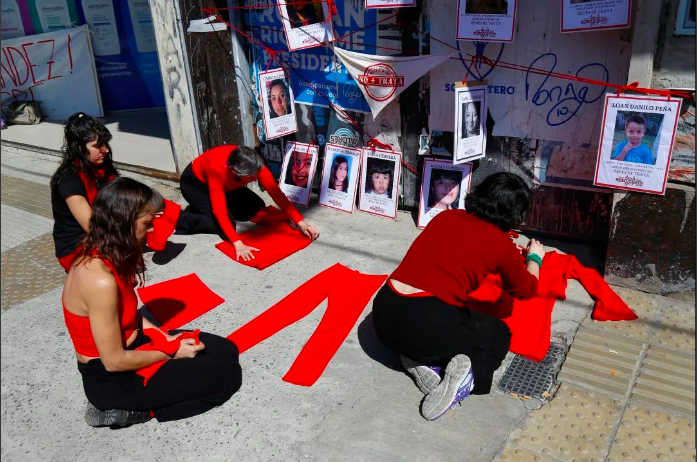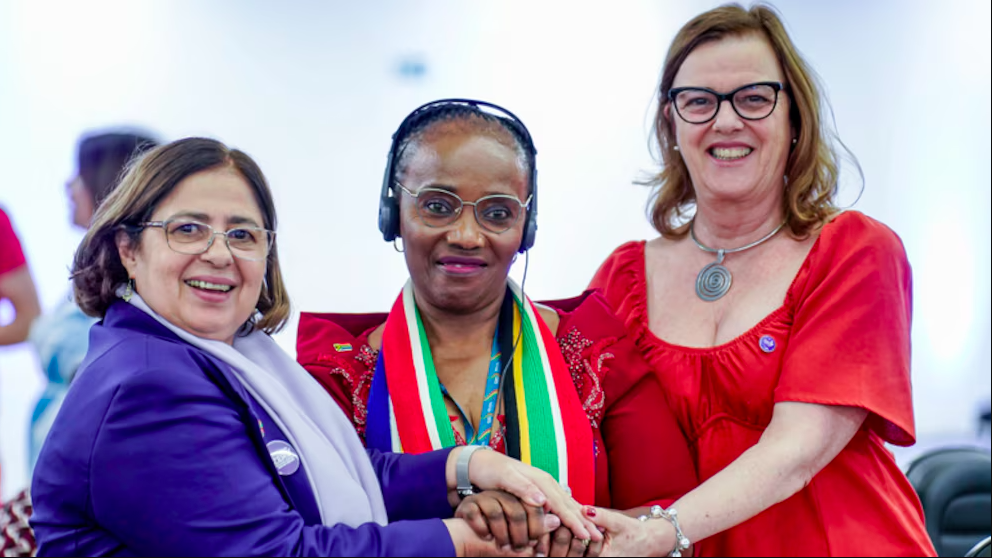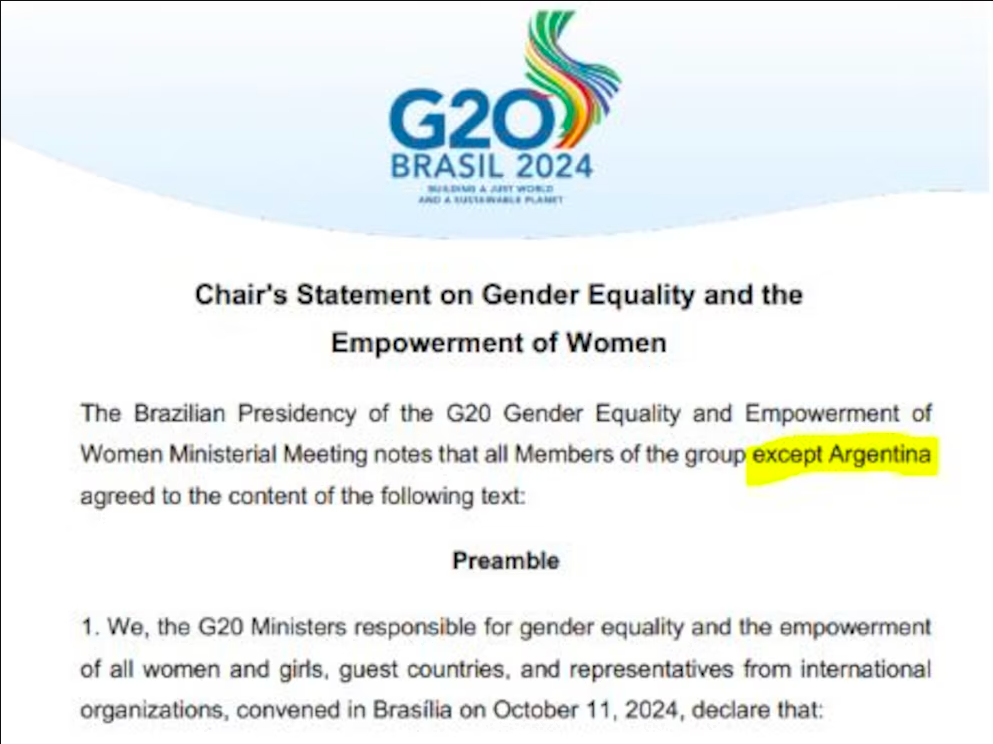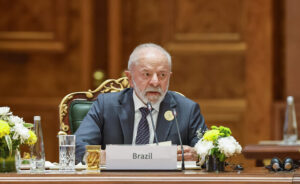
Published 14/10/2024 16:11 | Edited 10/14/2024 16:22
Argentina, under the leadership of Javier Milei, was the only G20 country to refuse to sign a document on gender equality during the meeting of ministers and secretaries of Women and Equality in Brasília. The text, which will be submitted for consideration by heads of state at the G20 summit in November in Rio de Janeiro, was agreed by all other members, including Saudi Arabia, known for its severe restrictions on women’s rights. The gesture reaffirms Milei’s commitment to her “cultural battle”, in line with the global far right, which rejects agendas on gender equality and climate change.
Vanessa Dolce de Faria, gender representative at Itamaraty, highlighted the uniqueness of the Argentine stance, warning on X (formerly Twitter): “When the extreme right advances, women lose. Argentina is the only G20 country that does not adhere to the consensus on gender equality.” The document proposes to promote gender equality, economic autonomy, the elimination of misogyny, the fight against gender-based violence and gender-sensitive climate actions.
Cida Gonçalves, Minister of Women of Brazil, celebrated the general agreement, stating that “it is not possible that in the 21st century there will be any setback in the achievements of women’s rights.” Maria Helena Guarezi, Brazilian vice-minister and coordinator of the G20 working group on the topic, highlighted that gender equality boosts economies, increases GDP and improves quality of life, being essential for a sustainable world and a fair economy.

The Argentine position and Milei’s disagreements
Argentina’s position contrasts sharply with the views of most G20 countries. La Libertad Avanza, Milei’s party, rejects UN agendas, such as the 2030 Agenda and the Future Pact. The Argentine government, according to Itamaraty sources, does not share concepts in the document such as the recognition of “family care actions as work” and the inclusion of “reproductive rights”, which they consider to be undesirable concepts in international politics.
This divergence has already manifested itself on other international occasions, such as at the Davos Forum and the UN General Assembly, where Milei reiterated her opposition to gender equality and climate policies. On his first visit to Spain, he was received by the conservative Vox party, avoiding meetings with the socialist government of Pedro Sánchez.

National impact: setbacks in women’s rights
Internally, Milei’s policy towards women has been marked by significant setbacks. His government closed the Ministry of Women, Gender and Diversity, in addition to dissolving the sub-secretariat for Protection against Gender-Based Violence in less than six months of operation. At the same time, programs aimed at supporting women and the LGBT+ community, such as the Escormar Program and the Registered Program, which formalized domestic workers, were dismantled.
Argentina faces a serious crisis of gender-based violence, with a femicide recorded every 35 hours in 2023. According to the Women’s Office of the Supreme Court, 272 women were victims of gender-based violence last year, an increase of 11% compared to to 2022. Milei’s austerity measures have been harshly criticized for reducing or eliminating resources intended to protect these victims, even in a scenario of annual inflation of almost 300%.
International repercussions and future tensions
The Argentine decision not to sign the document on gender equality increased tension between Buenos Aires and Brasília. The relationship between Milei and Lula was already turbulent, similar to the relationship that Jair Bolsonaro had with Alberto Fernández. As the G20 summit approaches in November, where Milei and Lula will meet face to face for the first time, the expectation is that these differences will manifest themselves again, in a global diplomatic environment that seeks consensus, but is faced with challenges such as advance of the extreme right and the impact on women’s rights.
Brazilian ambassador Vanessa Dolce de Faria’s critical comment:
When the extreme right advances, women lose. Argentina is the only G20 country not to join the consensus on gender equality. Brazilian presidency firm in its position that equality is non-negotiable. #G20Brasil
— VanessaDolcedeFaria (@vdolcefaria) October 12, 2024
With information from Pagina 12 and Infobae
Source: vermelho.org.br

